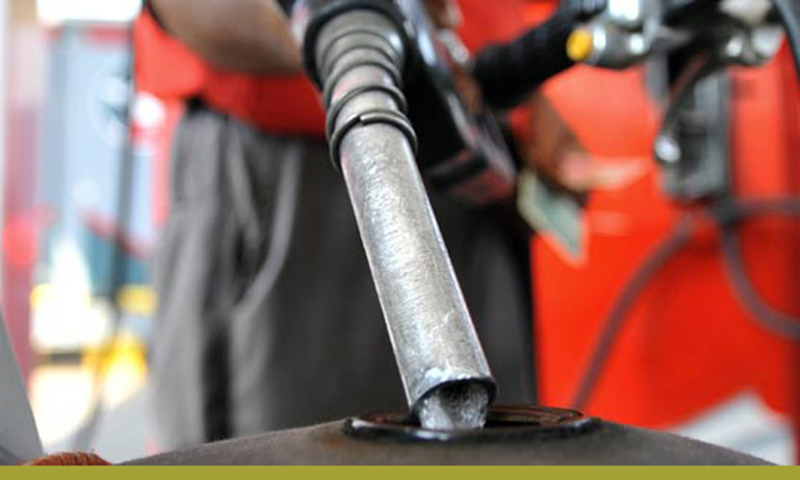- DPR Seals 24 Filling Stations in Ondo for Selling Above N145
As the fuel scarcity continues to bite harder in Ondo State, the Department of Petroleum Resources on Thursday sealed 24 petrol stations in Akure, the state capital and Ondo town for selling the Premium Motor Spirit, also know as petrol, above N145 per litre.
Since the fuel scarcity began, many filling stations in Ondo town are allegedly selling the product above N145 per litre.
Many of the sealed filling stations were members of the Independent Marketers Association of Nigeria, while some major marketers were still selling the product at the official pump price amidst long queue of vehicles.
In an operation that lasted for three hours, many filling stations were sealed, while DPR officials forced some stations to sell the product to the public at the normal price.
The DPR team, led by the Deputy Chief Officer, Mr. Stanley Okwekwe, said the exercise was carried out to ensure that the marketers sold the product at the official pump price.
The DPR boss also declared that the operation will be conducted on a regular basis in order to alleviate the suffering of the people of the state.
Meanwhile, about eight other filling stations in the state would face the sanction of the Federal House of Representatives for selling fuel above official pump price.
The alleged erring filling stations were allegedly selling the product between N220 and N250 per litre, while they displayed N145 per litre on the metre.
The Chairman, House Committee on Petroleum Resources, Mr. Joseph Akinlaja, who declared this after a monitoring tour in Akure and Ondo towns, stated that the erring filling stations would be summoned to the Assembly to give reasons for selling above the official price.
Akinlaja, who represents Ondo East/West Federal Constituency in the House, declared that the erring filling stations would face the wrath of the law if found guilty of the offence.
He said, “When the NNPC will be telling me there is fuel in abundance, I will ask, ‘why the queue?’
“We are already taking steps on the development and very soon, the scarcity will end.”

 Naira4 weeks ago
Naira4 weeks ago
 Naira4 weeks ago
Naira4 weeks ago


 Naira4 weeks ago
Naira4 weeks ago




 Naira3 weeks ago
Naira3 weeks ago
 Commodities4 weeks ago
Commodities4 weeks ago


 News4 weeks ago
News4 weeks ago


 Banking Sector4 weeks ago
Banking Sector4 weeks ago
 Travel4 weeks ago
Travel4 weeks ago
























